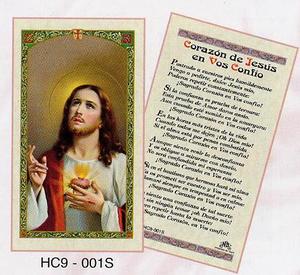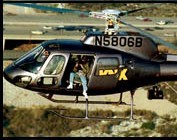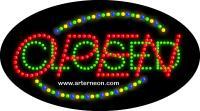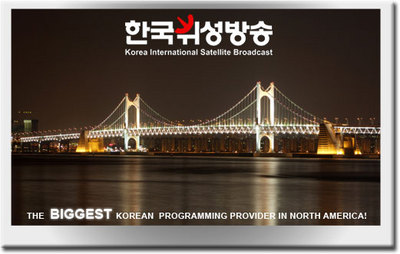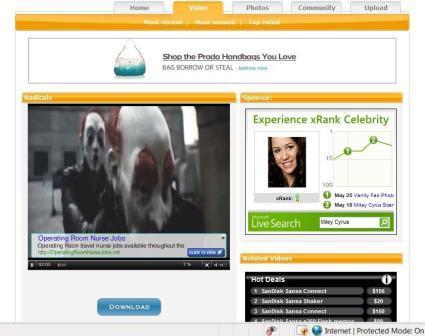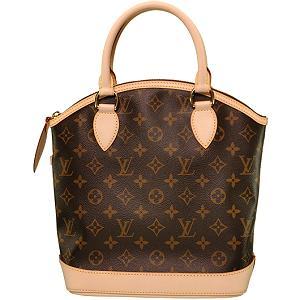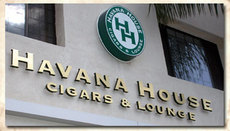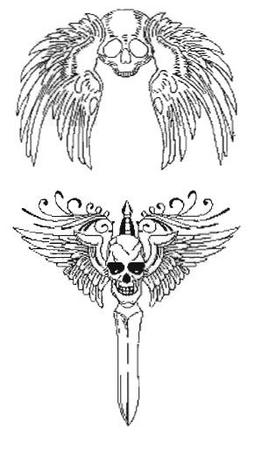 Los Angeles, CA – Copyright and trademark attorneys for EV.R, Inc., dba Skinny Minnie, filed a copyright and trademark infringement lawsuit, in the Central District Of California (Los Angeles Division), against Anama, LLC. EVR is a clothing designer and manufacturer whose garments and clothing designs feature copyrightable works which have been registered with the US Copyright Office. EVR states that it created several unique designs which it exhibited to retailers at numerous tradeshows and in its own showrooms throughout the United States. EVR has also filed trademark application to register its two designs, both featuring skulls, with the U.S. Patent & Trademark Office.
Los Angeles, CA – Copyright and trademark attorneys for EV.R, Inc., dba Skinny Minnie, filed a copyright and trademark infringement lawsuit, in the Central District Of California (Los Angeles Division), against Anama, LLC. EVR is a clothing designer and manufacturer whose garments and clothing designs feature copyrightable works which have been registered with the US Copyright Office. EVR states that it created several unique designs which it exhibited to retailers at numerous tradeshows and in its own showrooms throughout the United States. EVR has also filed trademark application to register its two designs, both featuring skulls, with the U.S. Patent & Trademark Office.
EVR alleges that it recently discovered Defendant’s sales of women’s tops and shirts featuring designs identical to and infringing on EVR’s designs and trademarks. The complaint states that “Defendants have willfully and intentionally infringed EVR’s copyrights and trademarks by slavishly copying, selling, publicly displaying copies of EVR’s works or works substantially or strikingly similar thereto, namely, the Infringing Products, without EVR’s consent or pemission.” EVR requests either actual or statutory damages under 17 U.S.C. § 504, in addition to their costs of the lawsuit and reasonable attorneys’ fees pursuant to 17 U.S.C. § 505. Also, EVR requests damages under the Lanham Act. The case is titled: EV.R, Inc. v. Anama, LLC, CV08-06348 SJO (C.D. Cal. 2008).
 Los Angeles Intellectual Property Trademark Attorney Blog
Los Angeles Intellectual Property Trademark Attorney Blog


